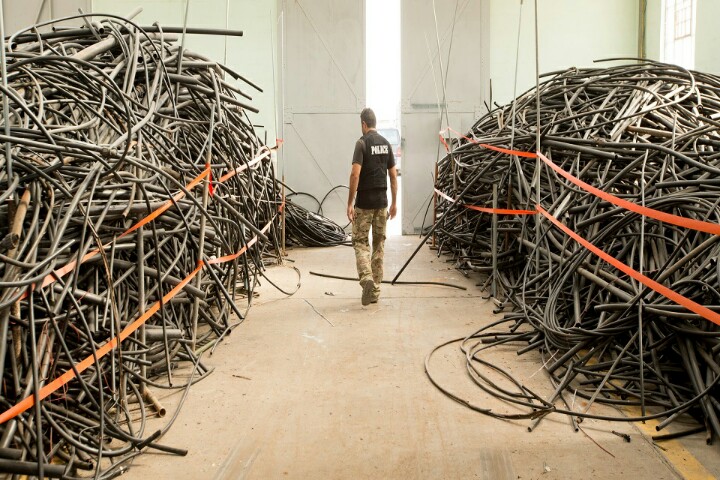
The trapping of songbirds is a widespread practice in Cyprus, but British Forces Cyprus have worked tirelessly alongside the Royal Society for the Protection of Birds and environmental organisation Birdlife Cyprus to reduce the horrific practice…
An annual report released in March showed that in 2016, 888,000 songbird deaths were recorded, but by the following year there were 260,000 – a drop of 76 per cent. Armed Forces Minister Mark Lancaster travelled to Cyprus to learn more. He said:
“The work being done by our Armed Forces and Sovereign Base Area Police has made a significant difference to the survival of these magnificent birds in Cyprus, and I applaud them for it. We will continue to do everything we can to protect them.”
Earlier this month, to further decrease bird trapping, the Sovereign Base Area Administration hosted the RSPB and Birdlife Cyprus and have agreed a collaborative strategy for tackling bird crime in the forthcoming migration season.
A key aspect to stopping bird trapping is the removal of invasive acacia trees, planted by trappers, and the illegal irrigation used to promote its growth. The trees are used to lure birds into fine mist nets before they are killed to make the local dish ambelopoulia. Since 2014 the equivalent area of 45 football pitches of acacia has been removed and over 60km of irrigation pipes destroyed.
The Minister’s visit also presented an opportunity for defence ties between the UK and Cyprus to be reaffirmed, as Mr Lancaster signed a renewed defence co-operation agreement covering maritime and air security, counter-terrorism, cyber and intelligence.

